
9 Things That Happen to Your Body When You Don't Have Intimacy for a While
From increased stress and poor sleep to a weakened immune system and reduced cognitive function, the absence of intimacy can take a toll on the body.
In a legal case that has garnered significant attention, Dr. Harjasleen Walia, a board-certified neurologist from San Jose, California, has filed a lawsuit against a restaurant she claims served a dangerously spicy dish that caused her "permanent injuries." This incident, which occurred in July 2023, has sparked a heated debate over food safety, restaurant accountability, and the effects of spicy food consumption.
A California woman is suing a restaurant after she was served a dish (not pictured) that was so spicy it reportedly "permanently" harmed her, according to her claims. The restaurant has denied causing any harm. (iStock)
The Incident That Led to Legal Action
Dr. Walia’s lawsuit centers on a dish she ordered from Coup de Thai, a restaurant in Los Gatos, California, known for its bold flavors. The dish in question is called "Dragon Balls," which is described by the restaurant as a spicy chicken ball fried with ingredients like mint, shallots, green onions, cilantro, kaffir lime leaves, and rice powder. It is seasoned with Thai bird's eye chilies, a pepper known for its intense heat, ranging from 50,000 to 100,000 Scoville Heat Units (SHU). To put this into perspective, the commonly used jalapeno pepper measures between 2,500 to 8,000 SHU, while the bird's eye chili is far spicier than cayenne or serrano peppers but less intense than habanero.
According to documents filed in Santa Clara County Superior Court, Dr. Walia had requested that the chef reduce the spice level in the Dragon Balls, as she was unable to tolerate spicy foods. She alleges that the restaurant agreed to accommodate her request. However, upon taking just one bite, Dr. Walia claims to have experienced an overwhelming burning sensation in her mouth, throat, and nose. "Her entire mouth, the roof of her mouth, her tongue, her throat, and her nose burn[ed] like fire," Dr. Walia described, adding that her eyes watered, and she began coughing uncontrollably.
Despite drinking an entire glass of coconut water and more water, the intense burning sensation did not subside. Dr. Walia also requested dairy products to alleviate the pain, but allegedly received no assistance from the staff. She later lost her voice and was diagnosed with internal "chemical burns" caused by the excessive heat from the chilies.
The dish featured bird's eye chilis, which measure between 50,000 to 100,000 Scoville Heat Units (SHU). (iStock)
The Lawsuit: Seeking Compensation for Permanent Injuries
Dr. Walia's lawsuit, filed in July 2023, claims that the restaurant's Dragon Balls appetizer caused her permanent injuries. She alleges that the dish was "unfit for human consumption" due to the excessive amount of chili used. The legal documents further state that Dr. Walia will "forever be damaged" by the injuries, as the incident resulted in harm to her vocal cords, esophagus, and the inside of her right nostril.
The lawsuit claims that the restaurant, including the owner, chef, server, and others involved in the preparation of the dish, failed to take the necessary precautions. Dr. Walia argues that the restaurant should have consulted health officials or emergency service personnel regarding the risks of serving too much Thai chili in an appetizer. Moreover, the lawsuit asserts that the restaurant did not fulfill its responsibility to provide remedies to alleviate the burning sensation, such as milk, yogurt, ice cream, or sour cream.
Dr. Walia said she suffered internal "chemical burns" from the chilis in the chicken meatballs (not pictured). (iStock)
The damages sought in the lawsuit are unspecified but include medical expenses, lost earnings, and compensation for the alleged permanent harm caused by the incident. Dr. Walia’s legal team has been working to seek redress for the emotional, physical, and financial toll the injury has caused.
The Restaurant's Defense: Denial of Responsibility
Coup de Thai has firmly denied Dr. Walia’s accusations. In an October 2023 filing, the restaurant stated that no other diners had experienced burns or required medical assistance from consuming the Dragon Balls. The restaurant also claims that the dish cannot be made "mild" because the chili is pre-prepared inside the chicken balls, making it impossible to reduce the heat level. They further argued that customers who are unable to handle the spice are advised to order a different dish altogether.
In November 2023, Dr. Walia amended her lawsuit, alleging that a new employee made an error during the preparation of the dish. She claims that the employee added additional peppers instead of reducing the amount of chili as requested. This mistake, according to Dr. Walia, exacerbated the burning sensation and led to her injuries.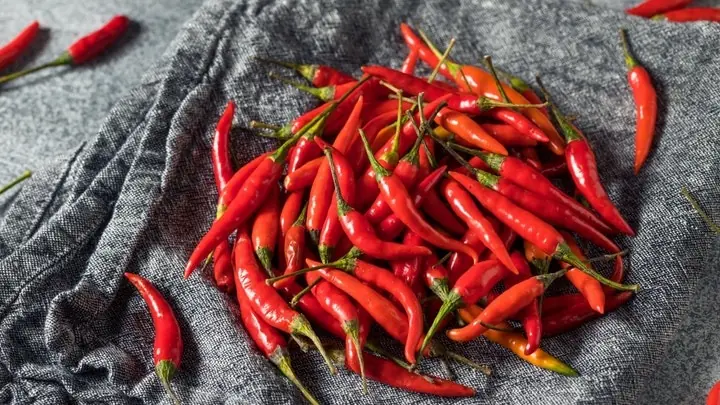
Thai chili peppers, known for their intense heat and fruity flavor, are a staple of Southeast Asian cuisine. (iStock)
Legal Proceedings and Upcoming Jury Trial
As the case continues to unfold, Dr. Walia has chosen to represent herself in the upcoming legal proceedings, opting to take matters into her own hands rather than being represented by her previous lawyer. A five-to-seven-day jury trial is scheduled to take place in August 2024, and both parties are preparing for what promises to be a high-stakes legal battle.
Court filings indicate that Coup de Thai plans to subpoena Dr. Walia’s medical records and will request that she undergo a medical examination. This legal maneuver could play a significant role in determining the validity of Dr. Walia’s claims and the extent of the alleged injuries caused by the dish.
The Legal and Medical Implications of the Case
Dr. Walia’s lawsuit raises important questions about restaurant responsibility, food safety, and customer rights. While it is well-known that spicy foods can cause discomfort, the case brings attention to the potential dangers of consuming extremely hot peppers, especially when precautions are not taken to mitigate the risks for sensitive individuals.
The use of bird's eye chili in the Dragon Balls dish is a critical element in this case. With its high SHU rating, this chili is known for its extreme heat and can cause a range of physical reactions, including mouth and throat burns, nausea, and in rare cases, more serious health issues like gastrointestinal distress or respiratory problems. For someone like Dr. Walia, who claims to have a low tolerance for spice, even a small amount of bird's eye chili could trigger severe reactions, as seen in this case.
Moreover, the restaurant’s alleged failure to accommodate Dr. Walia’s request for a milder dish highlights the importance of clear communication between restaurant staff and customers. If a customer specifies dietary restrictions or spice preferences, restaurants should be prepared to meet those needs or warn customers of potential risks, especially when it comes to spicy dishes that use potent ingredients like bird's eye chili.
Public Reaction: Divided Opinions
The public reaction to Dr. Walia’s case has been mixed. Many have expressed sympathy for her, with some people arguing that the restaurant should be held accountable for serving a dish that caused her harm. Others, however, have questioned the severity of the claim, pointing out that spicy foods have long been known to cause discomfort and that it is ultimately the responsibility of the diner to ensure they can handle the heat.
One commenter, in particular, made a comparison to the microwave, stating: "They said this 40 years ago with the microwave. Funny thing, every house still has one." This remark reflects the skepticism that some individuals have about the ongoing legal proceedings, suggesting that Dr. Walia's lawsuit might be an overreaction.
On the other hand, some have criticized the restaurant for not being more transparent about the spice levels in their dishes, especially since they allegedly failed to honor Dr. Walia’s request for a milder preparation. The lawsuit has prompted many to reconsider the responsibility of restaurants in ensuring the safety and well-being of their customers.
The Broader Issue: Spicy Food and Health Risks
Dr. Walia’s case is not the first time that the risks of spicy food have been highlighted. While spicy foods have long been associated with certain health benefits-such as boosting metabolism, improving circulation, and even potentially reducing inflammation-there is a growing concern about the health risks posed by extremely hot peppers, particularly for those with sensitivities or pre-existing health conditions.
Capsaicin, the compound responsible for the heat in peppers, can irritate the digestive tract and lead to symptoms like stomach pain, heartburn, and nausea. In extreme cases, consuming very hot peppers can cause more serious issues, such as chemical burns to the mouth, throat, and gastrointestinal system, as claimed by Dr. Walia.
Restaurants and food establishments that serve spicy dishes must take extra precautions to ensure that their food does not pose a health risk to customers. Clear labeling, appropriate spice warnings, and the ability to customize spice levels based on individual tolerance are just a few measures that could help prevent incidents like the one described in Dr. Walia’s lawsuit.
Conclusion: What’s Next for Dr. Walia and Coup de Thai?
As Dr. Walia’s legal battle continues, the outcome of the case could have significant implications for the restaurant industry and how spicy foods are served to customers. The case underscores the importance of customer safety, clear communication between restaurants and diners, and the need for greater accountability when it comes to food preparation.
The trial, scheduled for August 2024, will likely provide further insight into the legal responsibility of restaurants and whether they are obligated to accommodate customers with specific dietary requests. For Dr. Walia, the case is not just about seeking compensation; it is about raising awareness of the potential dangers associated with spicy foods and ensuring that customers are protected from harm when dining out.

From increased stress and poor sleep to a weakened immune system and reduced cognitive function, the absence of intimacy can take a toll on the body.
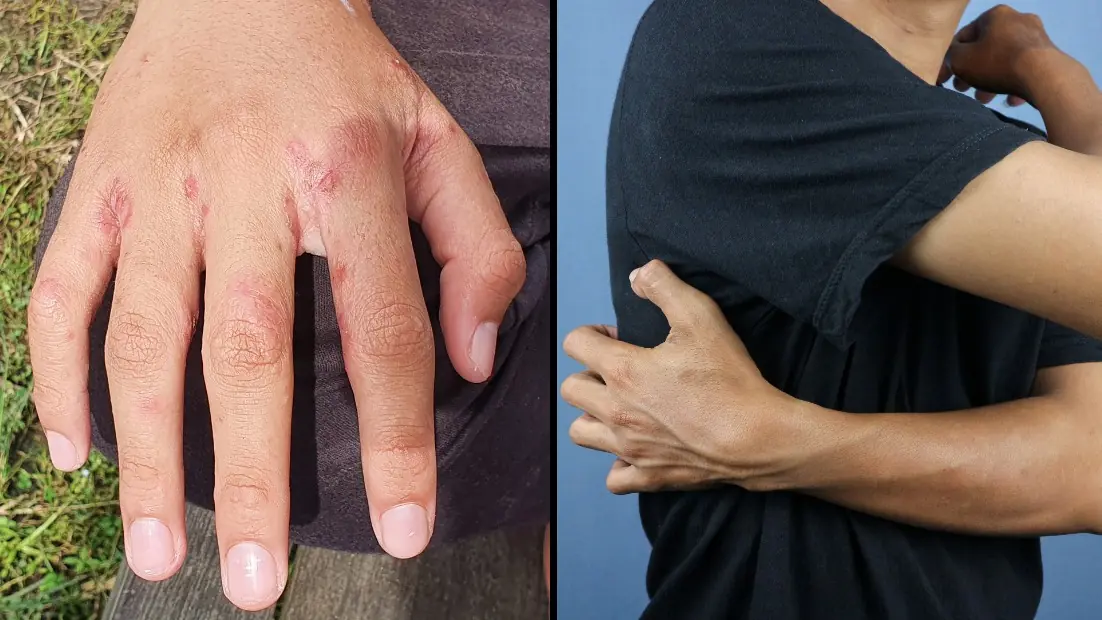
If you experience any of the symptoms of scabies, such as itching, red spots, or rashes, it is crucial to consult a healthcare provider as soon as possible.


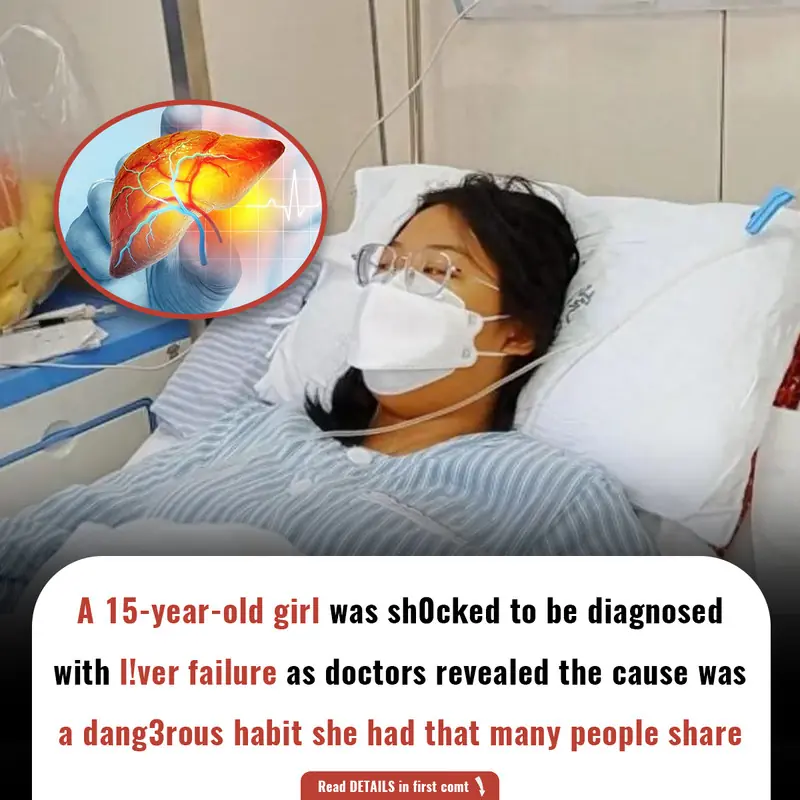


Discover two lesser-known skin c@ncer symptoms that may appear on your lips and nails. Learn how to spot the early signs of skin c@ncer and the steps you can take to reduce your risk.


Learn the 12 warning signs of liver disease, from yellowing skin to memory changes. Early detection is key to preventing serious complications. Find out what to watch for and when to consult a gastroenterologist.

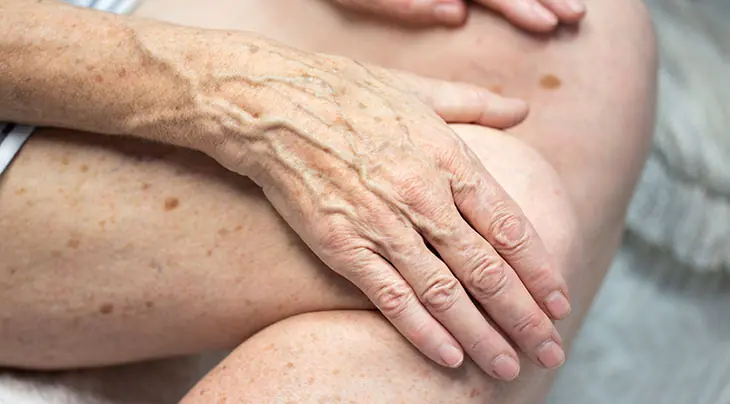
Learn how to prevent and reduce age spots with expert tips on skincare, at-home treatments, and dermatologist-approved procedures. Get a clear, glowing complexion and tackle dark spots effectively.
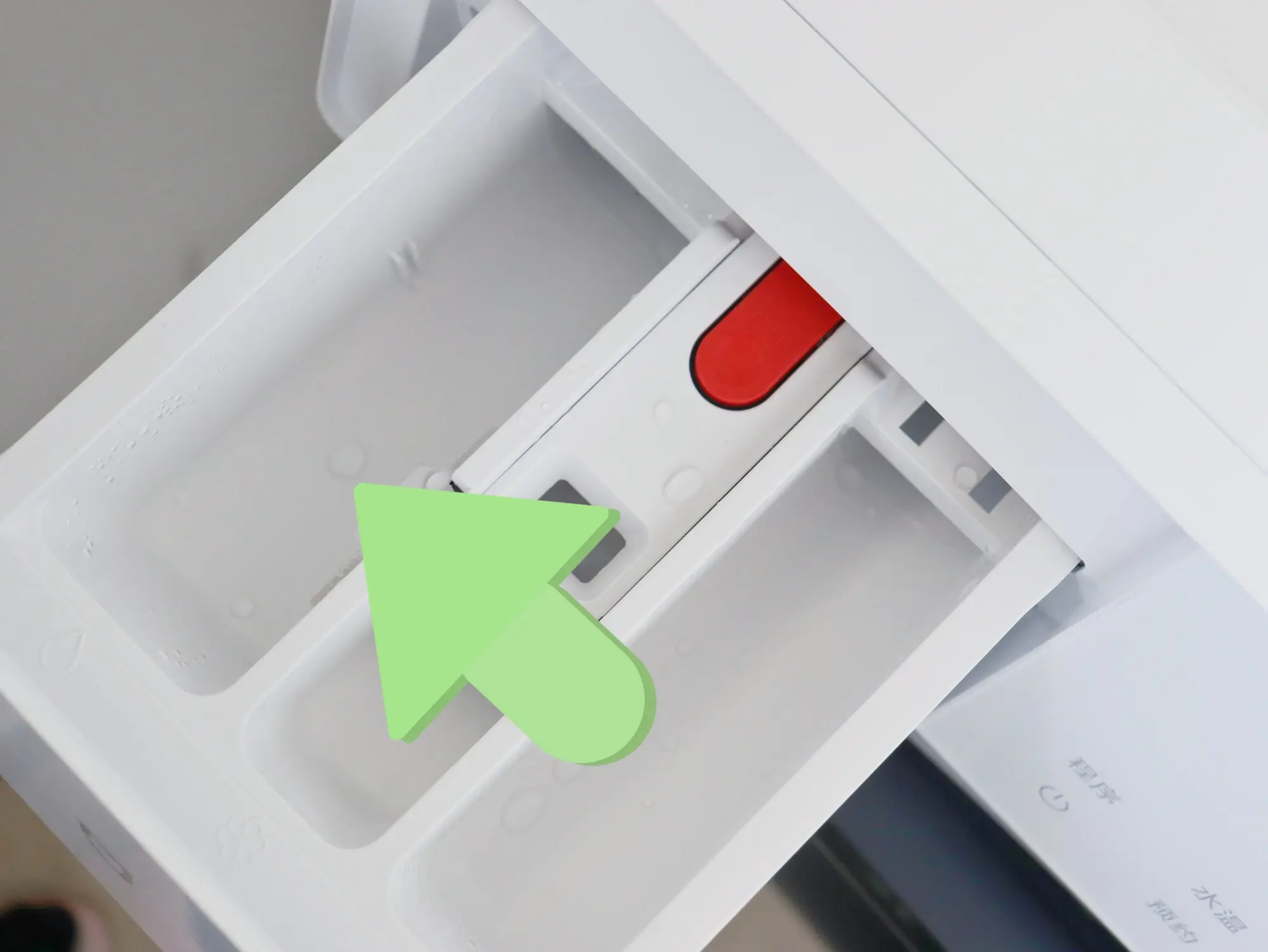
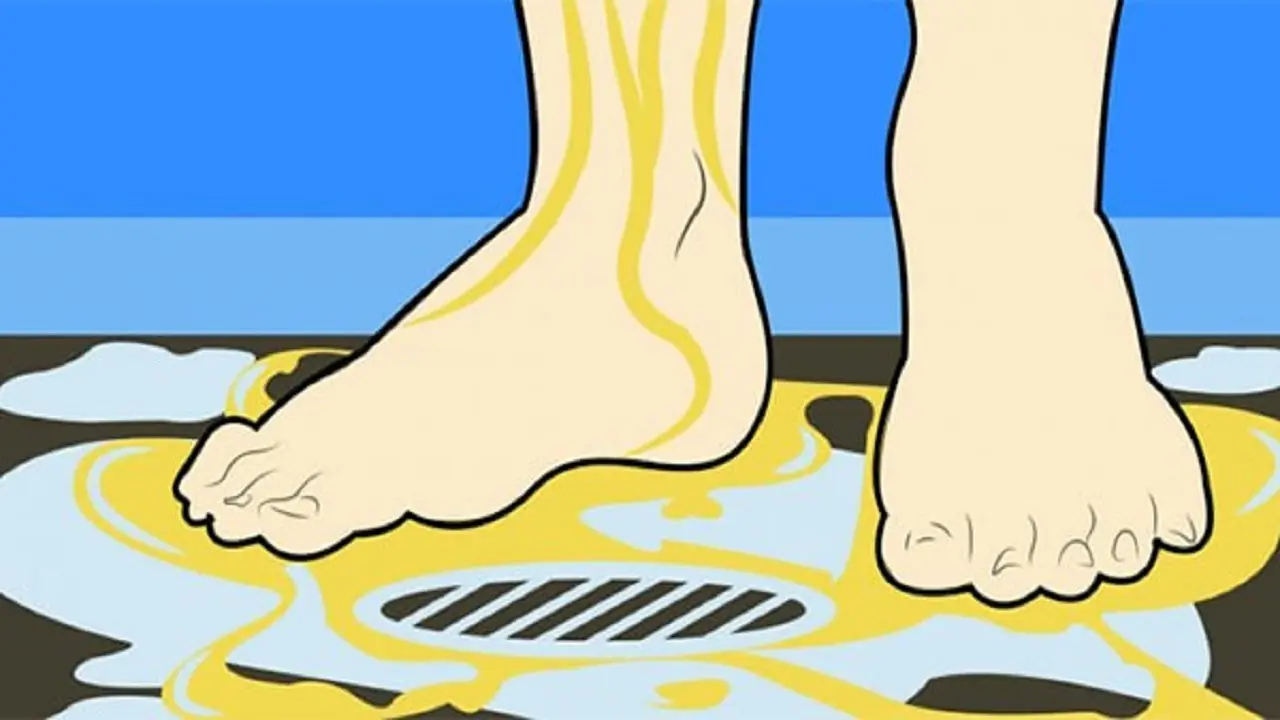
Is peeing in the shower safe or sanitary? Discover the environmental benefits, health implications, and considerations for using the shower drain instead of the toilet.
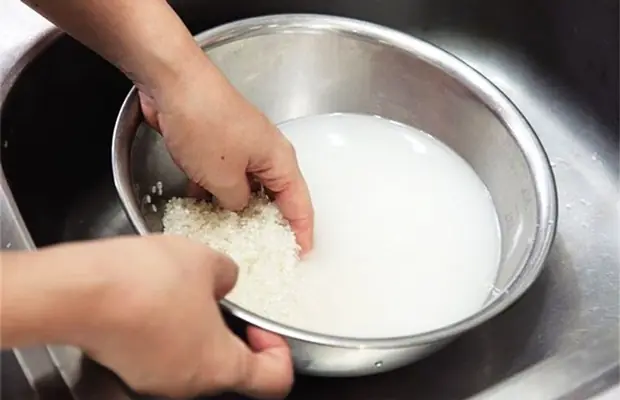
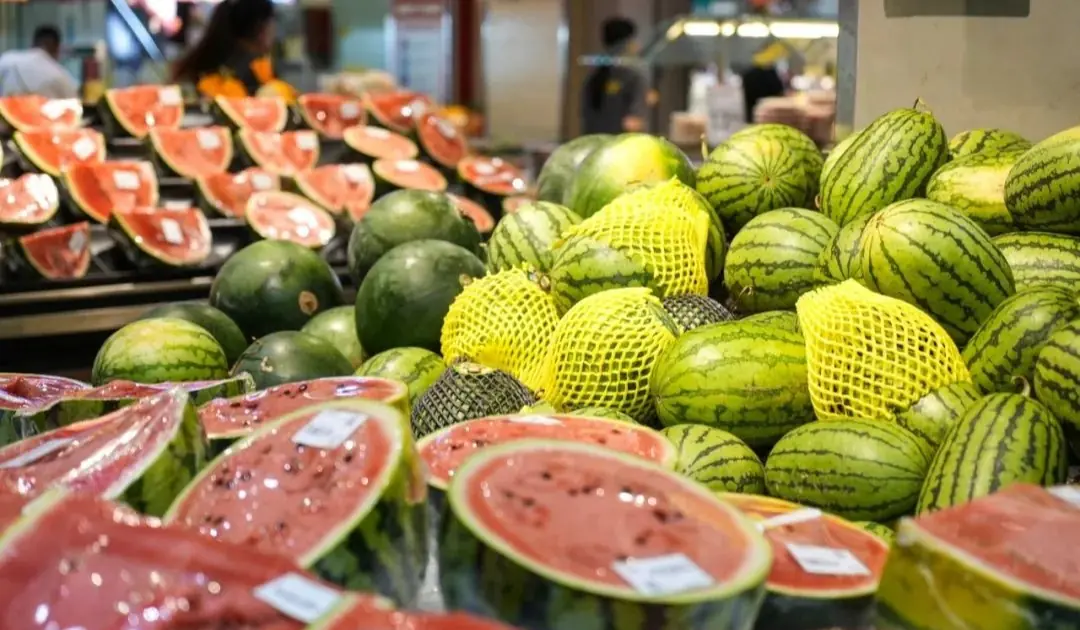

Discover how gold nanoparticles could revolutionize the treatment of macular degeneration and retinal disorders. A breakthrough study shows how this non-invasive approach could help restore vision without surgery.
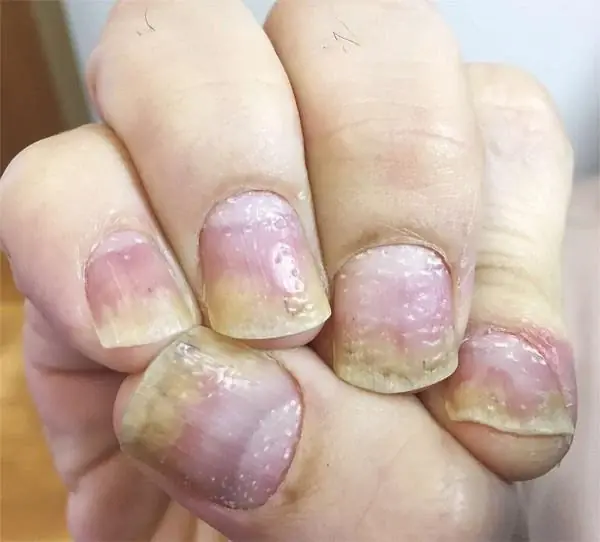

Learn the proper steps to take if a mercury thermometer breaks. From identifying mercury to safe cleanup procedures, this guide provides essential health information for handling mercury spills effectively.
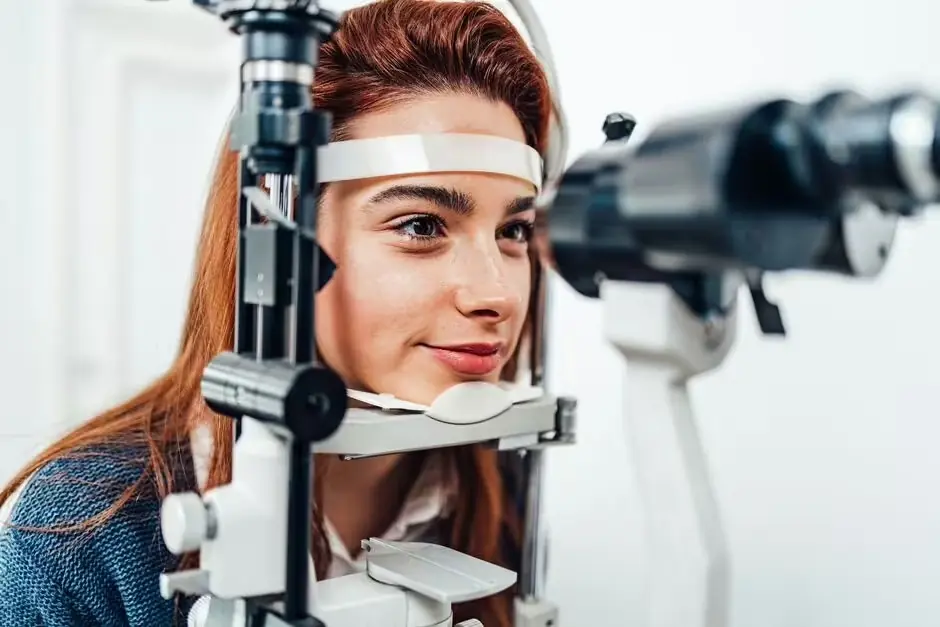
Excessive amounts of certain foods could lead to the development of one of the most common causes of vision loss.

A frustrated office worker locks his lunch away after repeated thefts. What ensues is a humorous but heartfelt confrontation that leads to a surprising resolution. Can a simple locked fridge bring understanding between coworkers?

A wife stumbles upon a hidden locket and uncovers a web of l!es that shatters her trust and her marriage. Secrets, betrayal, and family ties unravel in this gripping tale of love, heartbreak, and the price of hidden truths.

Meet Andy from Lowe's in Wilkesboro, NC - the employee who spent his lunch break engineering a wheelchair solution for rescue dog Baxter. What happened next will warm your heart.

Discover the incredible true story of Will, a former homeless man battling addiction, whose life was transformed by an unexpected friendship and a few acts of kindness, proving the immense power of human connection.

Discover the powerful, true story of an unexpected encounter with Officer Nathan Taylor, whose selfless act of kindness transformed a stranger's perception and left a lasting message: "Be good, now, not later."

Johnny cuts a neighbor’s grass for free to protect her kids, showing true kindness. Read his story! ❤️🌱

A grandmother and grandson turn a vegetable plot into a roadside stand, healing through farming. Read their story! ❤️🌿

Discover the amazing true story of a police officer in Montana who went beyond duty to fix a driver's brake lights, saving him a bill and sharing a powerful lesson in unexpected kindness and human connection.

From increased stress and poor sleep to a weakened immune system and reduced cognitive function, the absence of intimacy can take a toll on the body.

In a relationship where trust and shared goals were once the foundation, a trip fund mishap sparks an explosive conflict between a young couple. Can they rebuild after betrayal, or will financial misalignment lead them to an irreversible breakup?

If you experience any of the symptoms of scabies, such as itching, red spots, or rashes, it is crucial to consult a healthcare provider as soon as possible.

The DHT Blocker Pack and Hair Loss Reversing Pack provide targeted treatments for boosting hair growth, improving scalp health, and preventing hair loss.
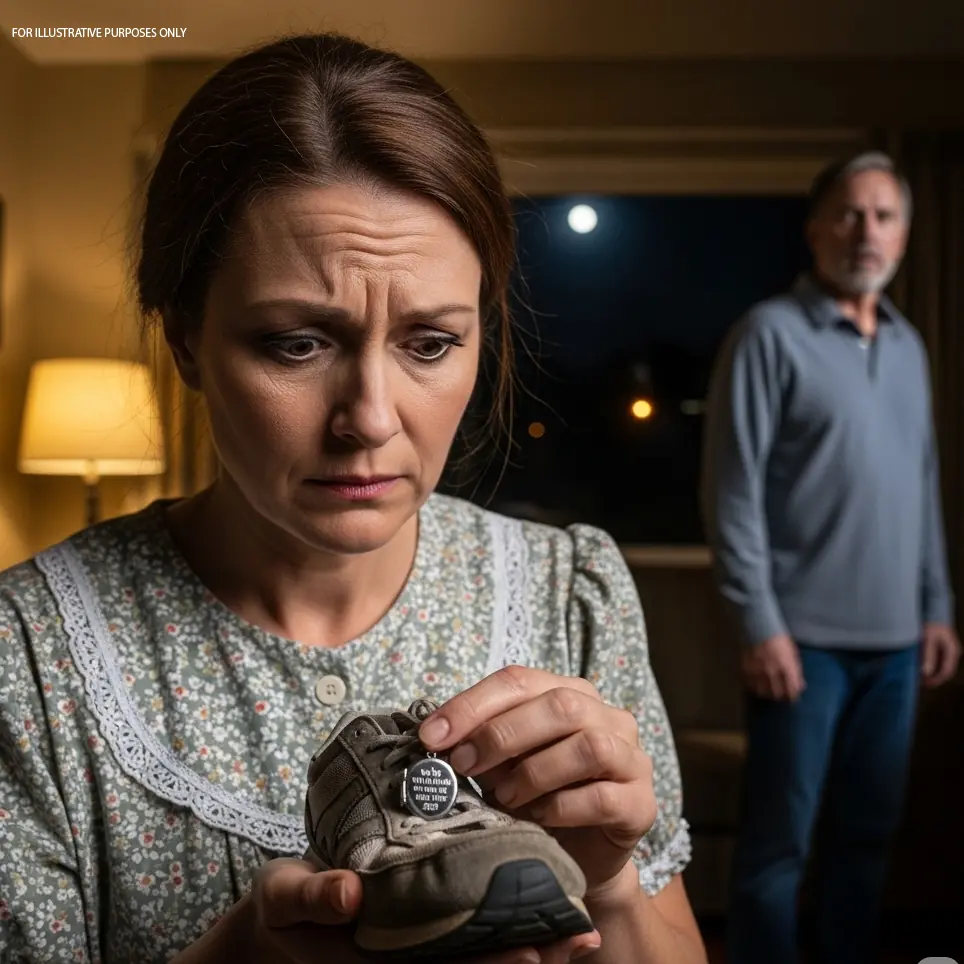
When a wife finds a mysterious silver locket hidden in her husband’s old running shoe, it unravels a secret love story that had been buried for decades. What follows is a heartbreaking revelation, a journey into the past, and a bond of trust that could

A hidden key beneath our bedroom floor led me to a storage unit filled with my husband's sh0cking secrets. What I discovered about "Wes Thomas" changed everything I thought I knew about our marriage.

The turmeric face polish pack, made from accessible and affordable ingredients like gram flour, turmeric, neem powder, and honey, will help you achieve smooth, bright, and youthful skin.


When my husband prioritizes bachelor parties, weddings, and international trips over our long-delayed honeymoon, I finally expressed my hurt and frustration. What followed was a raw, emotional conversation that revealed the cracks in our marriage and allo

By incorporating these flaxseed masks into your skincare routine, you’ll not only improve the overall health and appearance of your skin, but also restore a natural glow.


On her wedding day, the bride-to-be finds her future mother-in-law in an identical wedding dress. What follows is a sh0cking turn of events that reveals hidden secrets and sets a new standard for loyalty and respect in the family.